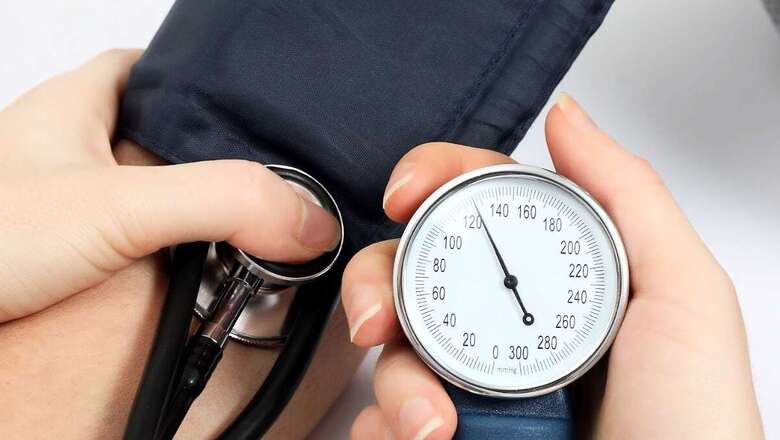
views
This year, the summer heat has been breaking records. The soaring temperatures and sweltering heat across the country have made it difficult to step out of home. While Tamil Nadu has experienced a brief respite with slight rains, the scorching heat is back. These high temperatures have led to many suffering from heatstroke, seizures, confusion and loss of consciousness. Various reports have found that Vitamin D deficiency is one of the main causes of heat stroke.
Vitamin D is vital for bone health. Deficiency of this can lead to the body’s inability to regulate temperature, resulting in heat stroke. It can weaken the body’s ability to respond to heat stress as well. Vitamin D helps with the inflammatory response of the body and its deficiency can cause some of the worst symptoms of heatstroke. For optimal muscle functions, make sure you increase your intake of Vitamin D.
High blood pressure or hypertension can also increase the risk of heatstroke. High blood pressure strains the heart and the blood vessels. There are many antihypertensive drugs which can impair the body’s heat regulation by reducing sweating. This can cause heatstroke. Hypertensive individuals are more likely to get dehydrated as it reduces the body’s ability to regulate temperature.
Obesity can also increase the risk of heatstroke. Excess fat accumulation can insulate the body and not help in temperature regulation, which makes cooling down difficult.
Obese people are more prone to heat stress along with heart diseases and diabetes.
Heart disease also heightens the risk of falling prey to heatstroke. Heart failure, or coronary artery disease can compromise the cardiovascular system and cause difficulty in managing heat stress. It reduces the body’s efficiency in circulating blood properly and impairs the cool-down process. Hence, individuals are advised to stay hydrated, avoid strain and stay in cool environments. Regular medical check-ups should be a must.
Diabetes affects the nerves and results in poor blood circulation. This increases the heat in the body. Apart from this, respiratory problems like Chronic Obstructive Pulmonary Disease (COPD) and asthma can increase the risk of heatstroke.
Kidney diseases can disrupt thermo-regulation and lead to heatstroke. Kidney patients are more at risk of heat stroke. Hence those individuals with kidney-related diseases should stay in a cool environment, use fans or AC, take cold baths and avoid the hot weather.


















Comments
0 comment